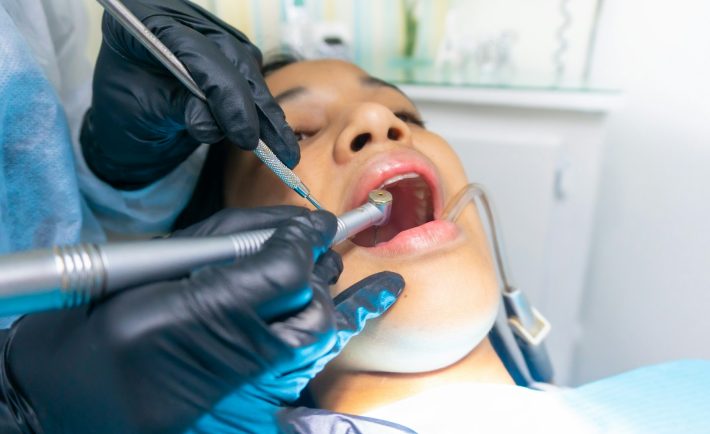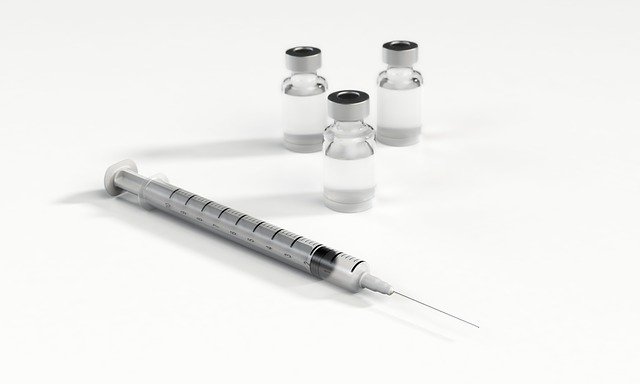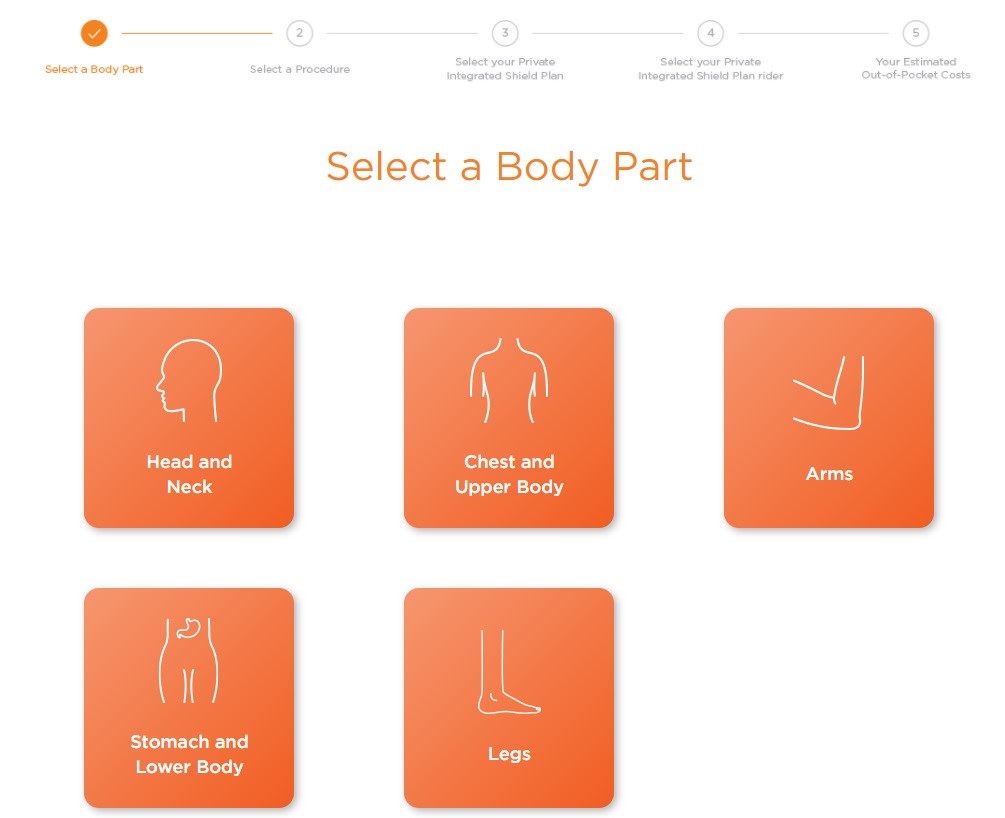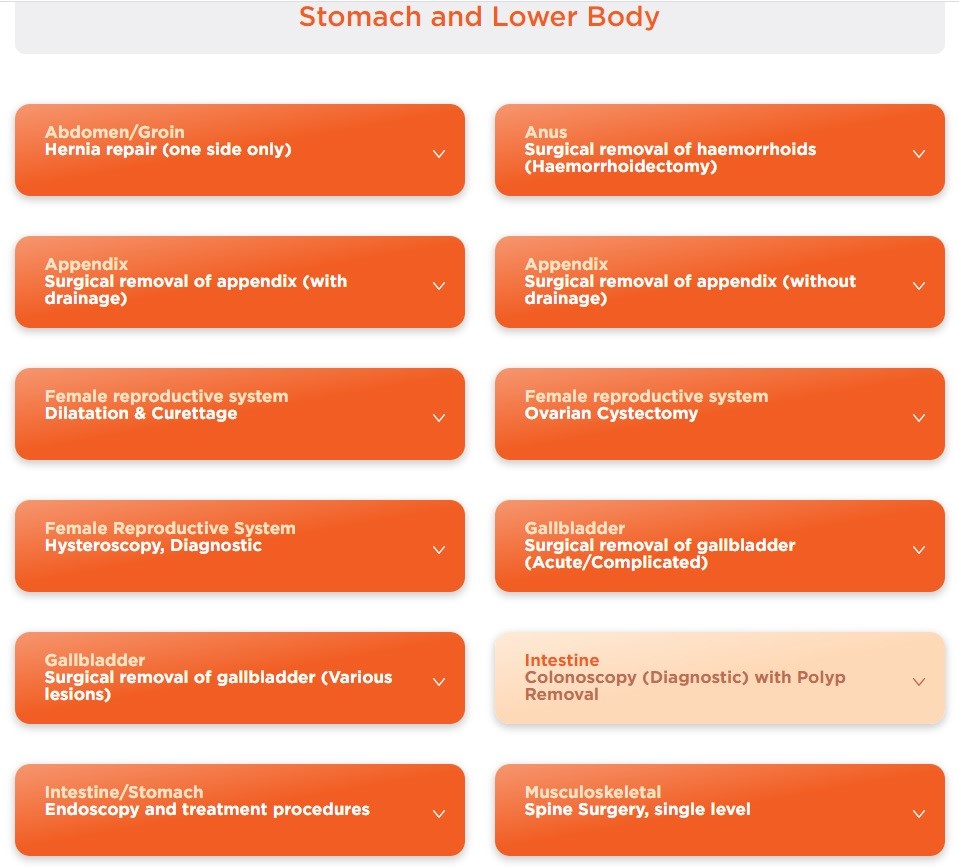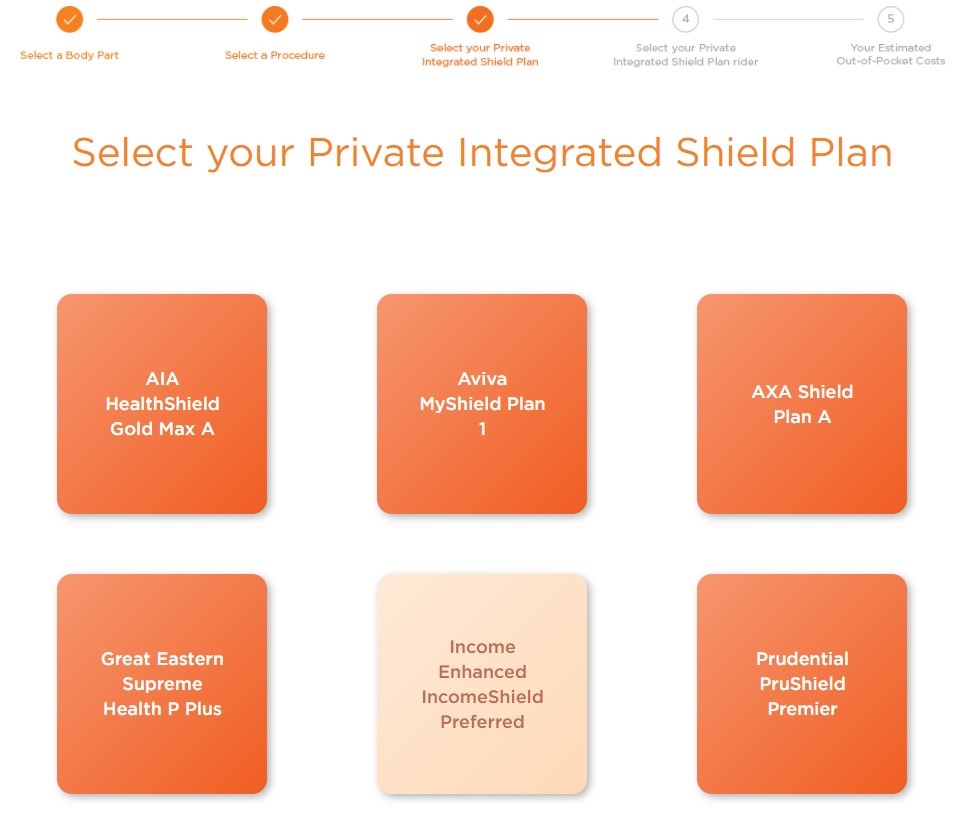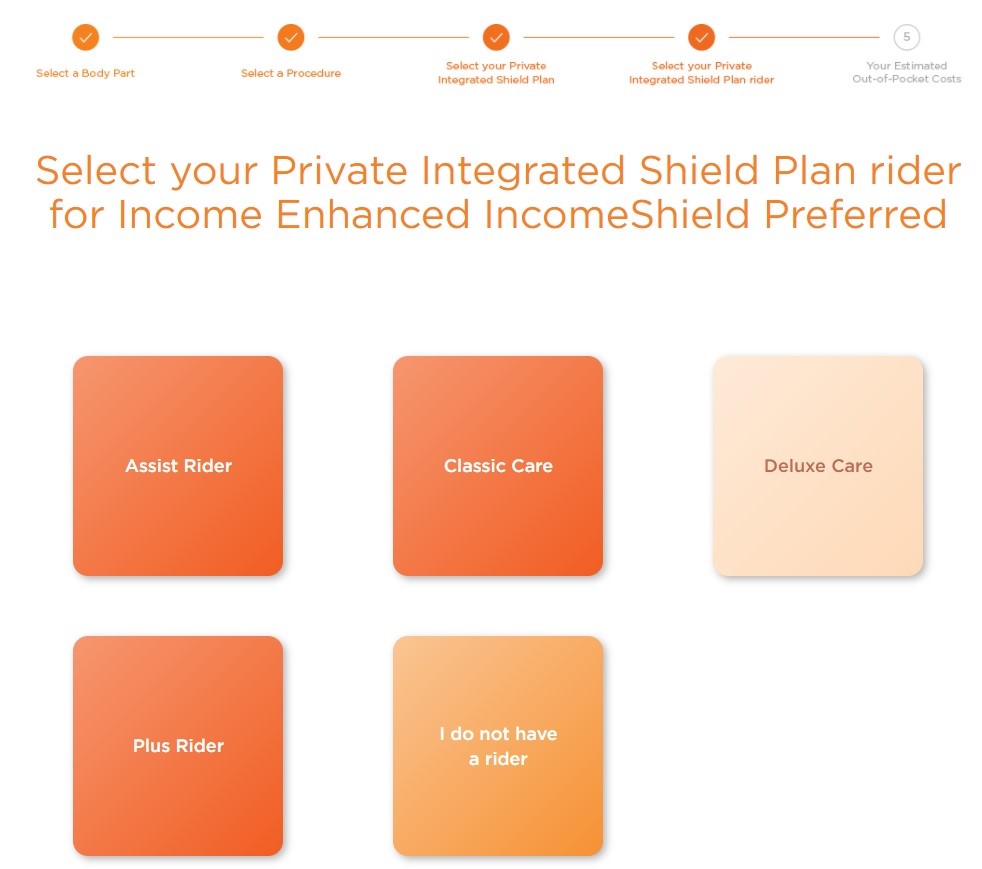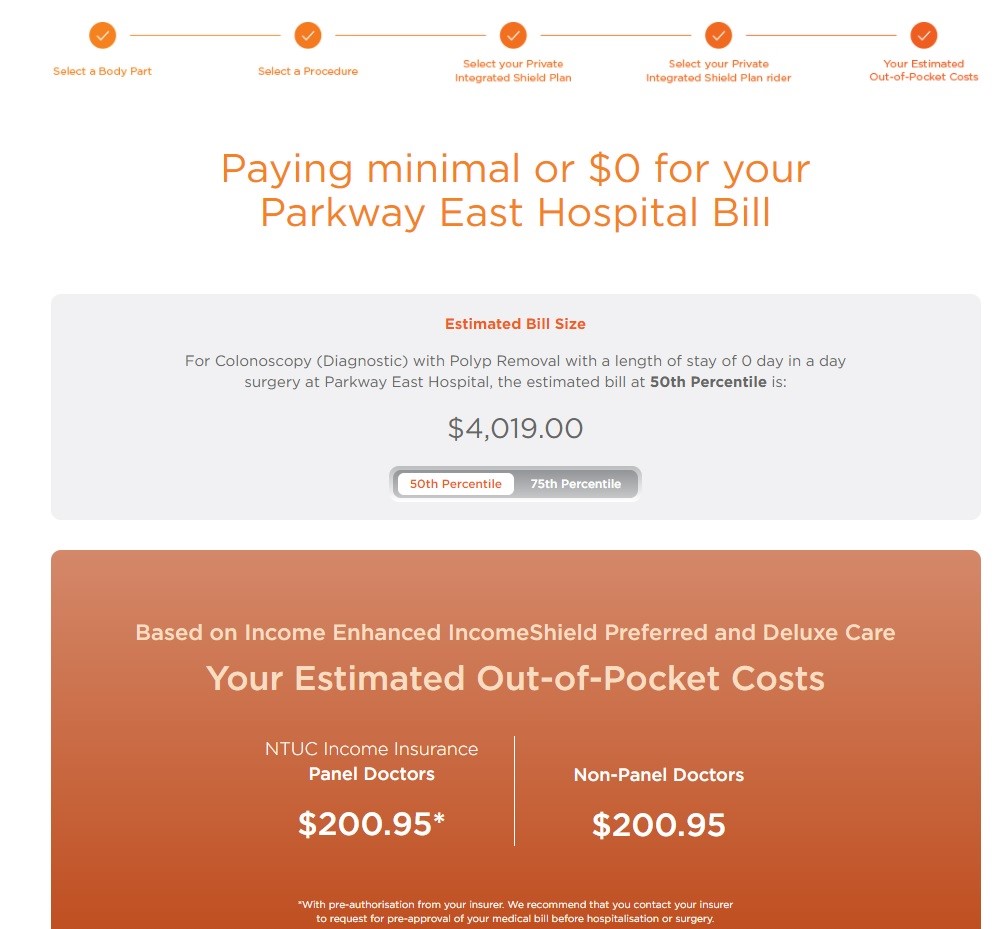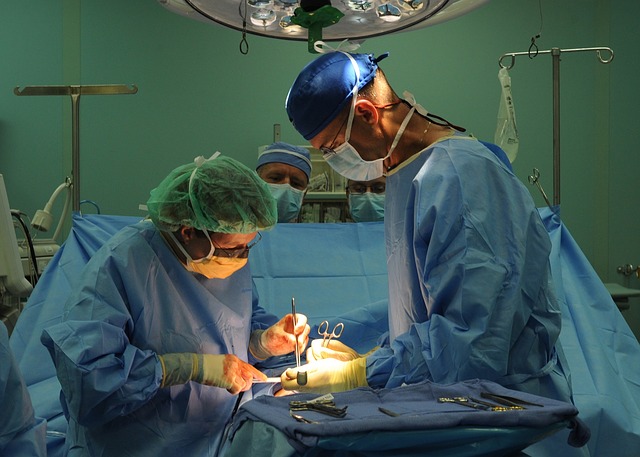Dental care can often feel like a hefty expense, especially for those without insurance. With advanced tools and equipment driving up costs, even routine checkups can strain your wallet. For instance, basic treatments like scaling and polishing range from S$50 to S$100 at public clinics, while private clinics may charge between S$80 and S$120. More complex procedures such as dental implants can set you back anywhere from S$3,000 to S$7,000 per implant. Can you imagine spending that?
Despite the government’s efforts to subsidize healthcare including dental services, many Singaporeans still find themselves covering a significant portion of these expenses out of pocket. One solution is to get your own dental insurance. However, dental insurance can have premiums varying from S$229 to S$693 based on the level of coverage and insurer. If this is beyond your budget, here are some essential tips for navigating the world of dental care without additional insurance:
#1: PRIORITIZE GOOD ORAL HYGIENE
The best way to minimize dental visits and expenses is to practice good oral hygiene. Unless faced with a medical emergency, regular brushing, flossing, and using antibacterial mouthwash can significantly reduce your need for dental interventions. Consistent care not only protects your teeth but also supports your overall health, as poor oral hygiene can lead to systemic health issues.
#2: ASK FOR DISCOUNTS
Many dentists offer flexible payment options or discounts for patients who pay upfront. Don’t hesitate to ask about financial relief for families seeking treatment together or for those experiencing financial constraints. A simple inquiry could lead to substantial savings.
#3: CHOOSE THE RIGHT TOOTHPASTE
Select a toothpaste containing the appropriate level of fluoride, typically between 1350-1500 ppm, suitable for all ages. Your dentist can recommend specific brands if fluoride levels are a concern for younger children, allowing you to maintain oral health without overspending.

Image Credits: unsplash.com
#4: USE AN ANTIBACTERIAL MOUTHWASH
Using antibacterial mouthwash daily helps combat harmful bacteria and reduces plaque buildup. Opt for an alcohol-free formula to avoid dry mouth; these can be found at local supermarkets starting at around S$5. This small investment can pay off in preventing costly dental issues.
#5: STEER AWAY FROM TOBACCO PRODUCTS
Smoking is a leading contributor to gum disease and oral cancer. Quitting can significantly improve your oral health, so consider discussing cessation strategies with your healthcare provider. Not only will you save money in the long run, but you’ll also enhance your overall well-being.
#6: DON’T FORGET YOUR TONGUE
Your tongue can harbor bacteria, so brushing it while you brush your teeth can contribute to better oral hygiene. A simple swipe with your toothbrush can make a big difference in your oral health.
#7: WATCH WHAT YOU EAT
Your dietary choices have a direct impact on your dental health. Minimize sugary snacks and beverages, as frequent consumption can erode enamel. Focus on nutrient-rich foods, particularly those high in calcium, to strengthen your teeth and maintain your smile.
My Dental Health Story
Growing up, I was always conscious of my dental health, partly due to having (somewhat painful) braces during my teenage years. The journey wasn’t easy, but it taught me the value of proper oral hygiene. Maintaining good oral hygiene is crucial for preventing issues like cavities and gum disease. Regular dental visits, combined with self-care practices, can save you money and ensure your smile stays healthy.
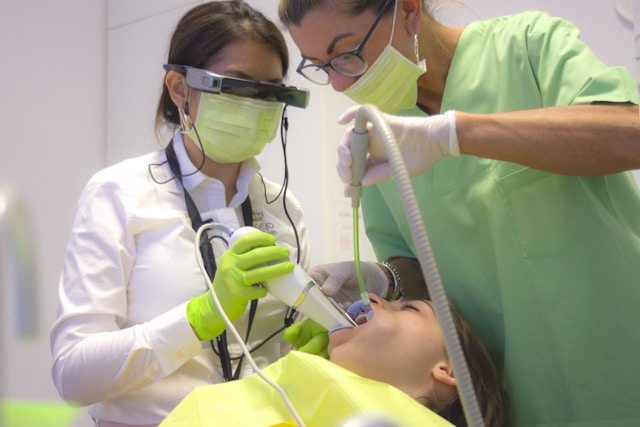
Image Credits: unsplash.com
For more insights on maintaining oral health and managing dental expenses, consider visiting reputable health sources or local dental associations in Singapore. With the right strategies, you can enjoy a healthy smile without taking a big bite out of your budget.

